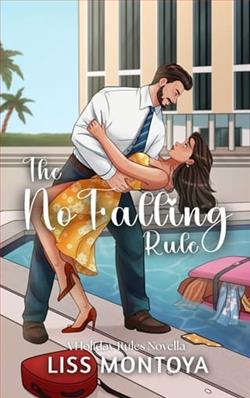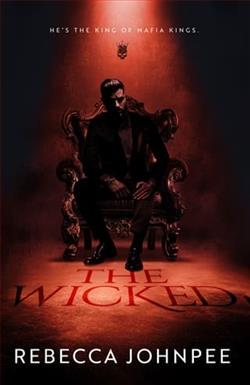Page 28 of Our Last Resort
Gabriel didn’t see the horrors. Or if he did, they didn’t give him pause.
Most of all, he loved Romulus and Remus, the orphaned twin brothers who were suckled by a wolf, then taken in by a shepherd, and went on to build the city that became Rome. Except, here’s the story: Romulus and Remus couldn’t agree on a location. They tried to resolve their disagreement with a bird-watching contest, but that didn’t work. Things escalated. In the end, Romulus killed Remus by throwing a spear at his head.
Gabriel didn’t seem to mind the fratricide part. It was like it didn’t exist. All he saw was the rest of the story: the two abandoned kids, raised by a wolf, who started an empire.
11The Only Town We Knew, Hudson Valley
Eighteen Years Ago
Two weeks after our first conversation about outside-outside, Gabriel wilted. It happened in the morning, during class. We were sitting next to each other, listening to a mother drone on about the cosmos. Émile’s foundational tome(The Book of the Universe)lay open on the desk in front of her.
“Ow,” Gabriel mumbled.
He was rubbing his forehead.
“You okay?”
Before he could reply, the mother shot us a look. We lowered our heads.
Gabriel fell behind as we walked to the cafeteria.
“What’s going on?”
“My head,” he said, clutching the right side of his face.
“You have a headache?”
He shuddered.
“It’s…like someone’s banging a hammer on my skull. A hammer on fire.”
Yikes.
We hurt, sometimes. Kids fell. The little ones were always slicing themselves open, spraining their ankles. Most ailmentshad to be waited out. Wounds scarred; joints healed; bad teeth fell out.
In the lunch line, Gabriel had trouble standing. Every time the line moved, he rearranged his posture to hold on to something new: the rusty rails on which our trays slid lazily, the glass case that might have housed dessert once, but which was now used to keep bread away from our greedy hands. The skin on his face was a shade of pale I had never seen before. Even his lips were white.
I surveyed the cafeteria. Simon was sitting at a table we liked, by the window. I didn’t trust Gabriel to make it that far without dropping his tray and the bowl of lentil stew on it.
Mealtimes were supposed to be calm, a time for self-reflection and gratitude. There was a rhythm to them: We waited in line, we sat, we ate, we cleaned up. If we had to, we spoke—but only in low voices, and only if we were certain that what we had to say was worth disrupting the quiet.
“Let’s just sit here,” I whispered, and pulled out a chair for Gabriel at the nearest table. It was empty except for a small kid at the other end.
Gabriel sat and pushed his lentils to the side. He held his head with both hands like it was too heavy for his neck.
At the back of the cafeteria, Émile sat at his usual table, surrounded by the small group of mothers he favored at the time. He was telling a story between mouthfuls of stew. (Émile was allowed to speak freely at mealtimes.)
“Maybe we should tell someone,” I said softly. “Maybe one of them”—I nudged my chin in the direction of the mothers, who were all looking rapturously at Émile—“could tell him.”
Gabriel grunted. I knew what he meant.And then what?
Whenever one of us got sick—really, really sick—or when a mother gave birth, there were special meditations, perhaps an herbal tea brewed by Émile himself. But he wasn’t a healer, he insisted. Only the power of positive thinking could make us better.
Gabriel was moaning. The skin on his face had turned green. His eyes didn’t seem to be able to open all the way.
Suddenly, he looked up.
“I don’t feel—”















